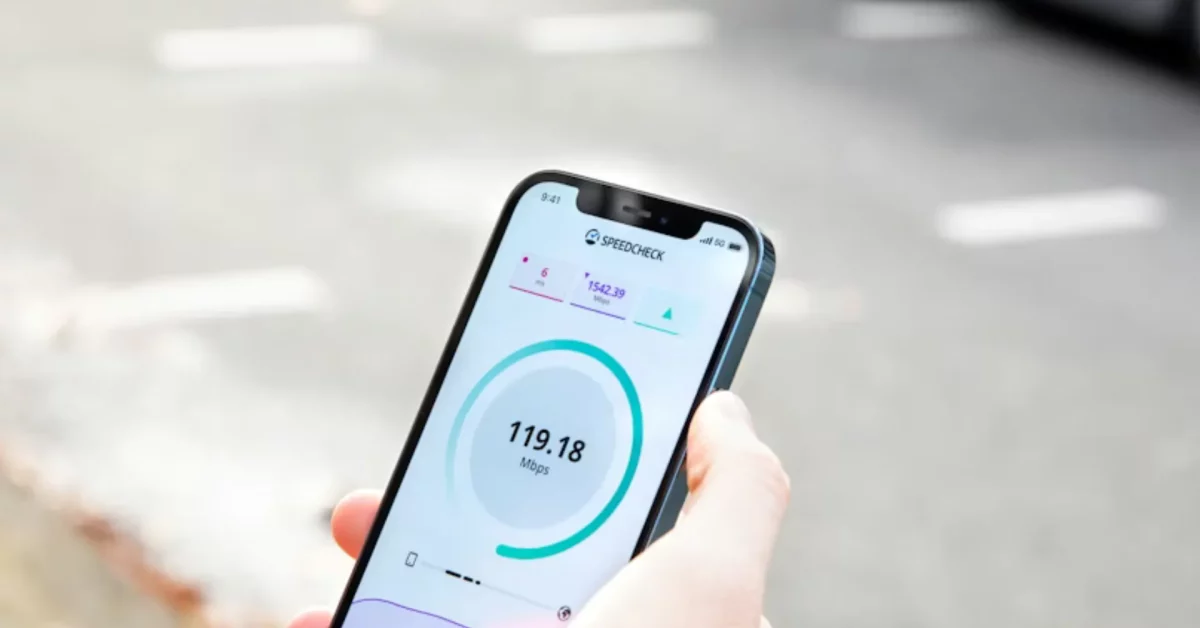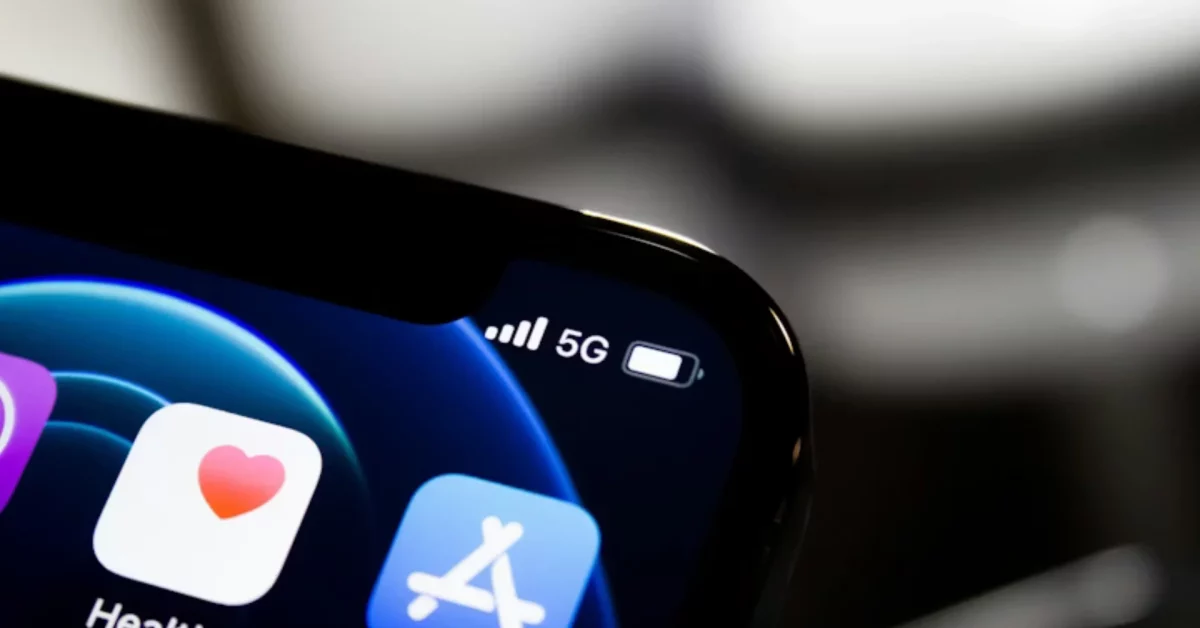
The Belief in a Digital Pakistan | Conversations@Jazz
March 16, 2020
Silicon Valley’s Adopted Child | Conversations@Jazz
April 6, 2020Pakistan adopts digital means to fight the COVID019 pandemic
As the world wrestles with the Coronavirus pandemic, global scientific communities and tech companies are scaling up to contain its spread. From 3D printed ventilator parts to data-collection apps, technology is playing an important role to help curtail the spread of the contagion worldwide.
Countries like China, South Korea and Taiwan have administered quarantines and social distancing with the help of Big data and social media to trace infections, alert people to hotspots and round up the contacts. Taiwan created what it calls an “electronic fence” which tracks mobile phone data and alerts authorities when someone supposed to be quarantined at home is leaving the house. South Korea even changed the law to allow the state to obtain medical records and share them without a warrant. All this might be invasive in normal times. But these times are not normal.
While its no surprise that developed economies with a track record of technological innovations are putting their full weight behind these new, innovative projects, the lesser-developed world too is trying to leverage technology towards the overcoming the challenge presented by the novel virus.
Tania Aidrus, government’s focal person for the Digital Pakistan, is leading the way in implementing technology to get ahead of the outbreak and provide the local health system much needed support. Through collaboration with volunteer engineers from Code for Pakistan, her team is working to streamline data collection from the frontlines. A national dashboard has been set up to provide real-time view of the positive cases in the country. It provides interactive maps and visuals that show where the virus has spread, as well as numbers on the latest in infection rates and deaths, breakdowns of new cases and what regions are likely seeing new outb reaks, and much more.
reaks, and much more.
This dashboard can be accessed from here.
Just like around the globe, the local telecom sector is also at the center of digital transformation and its power is being harnessed to raise awareness and save lives. In this context, on Pakistan Telecommunication Authority’s (PTA) directions, SMS on precautionary measures against COVID-19 in national & regional languages are being sent to all mobile subscribers on a regular basis. Cellular Mobile Operators (CMOs) have replaced their standard ring back tone (heard by caller when a call is being made) with messages about COVID-19 preventive measures.
Furthermore, all CMOs are offering free calls to emergency numbers (1166). Jazz has launched the “Assistance for Free” service wherein free calls can be made to selected government offices/doctors/laboratories. Zong is also offering free calls to 4343 which offers access to local government hospitals and doctors. Ufone has made Pakistan Red Crescent Society (PRCS) helpline 1030 free of cost for its subscribers across Pakistan.
Following the example of South Korea, the PTA also, on the request of Ministry of Health, sent SMS alerts to these who have been in close proximity to people tested Corona-positive in the last 14 days. Such mechanism is geared towards identifying the maximum number of people at risk and relies on cell phone tracking system to identify locations visited by a COVID-19 positive person. It then notifies owners of other phones that came close to the phone of the infected individual. Mobile carriers play a critical role in this as they can provide location data of phones using cell site location information (CSLI) – based on which cell tower a phone connects to and when.
The SMS alert advises the receiver to take necessary precautionary measures and self-isolate. 
Telemedicine is also one of the alternatives that communities are turning to in order to avoid burdening the hospitals with an unmanageable influx of patients. Telemedicine streamlines the diagnosis and treatment processes, making them faster and easier by giving virtual consultation. In alignment with this, Governor of Khyber Pakhtunkhwa Shah Farman inaugurated the telemedicine project at the Khyber Medical University to provide prescriptions to patients online. This will work to the benefit of those living in remote eras and tribal areas of the province. The project will initially provide online services from 9 am to 6pm and will be extended to 24 hours with the support of more than 50 specialist doctors. Patients simply have to contact KMU’s official website or directly call helpline number (0317-1777516).
COVID-19 has rapidly changed life in Pakistan and around the globe in ways that few thought possible just weeks ago. While we adapt to these changes, there may be even more changes to come including increased strain and demand on our healthcare facilities and healthcare providers. Digital technology and tools can help mitigate the stress endured by both healthcare facilities and healthcare providers.






